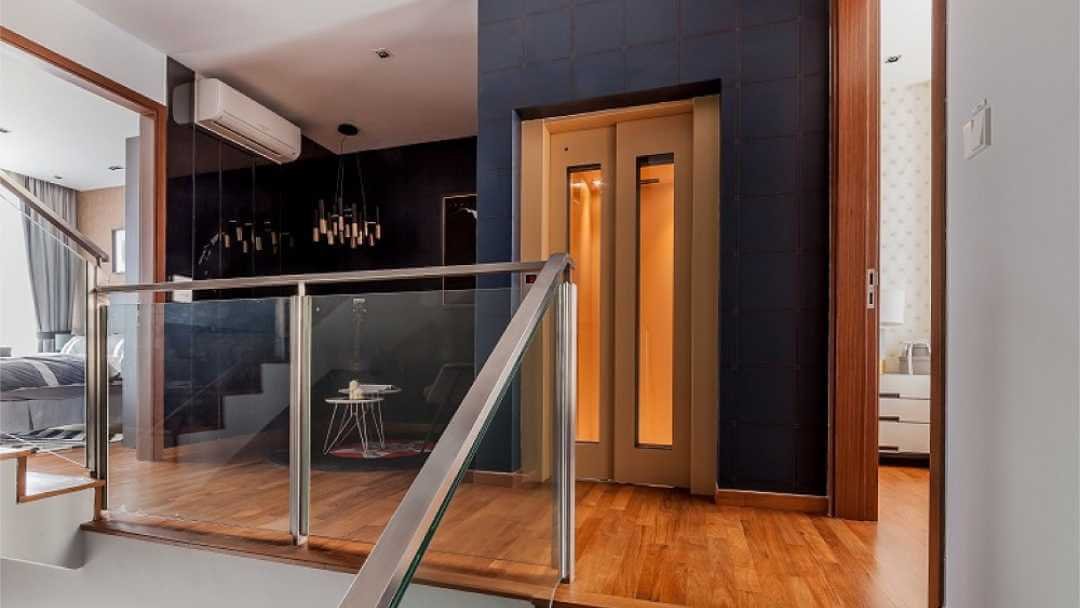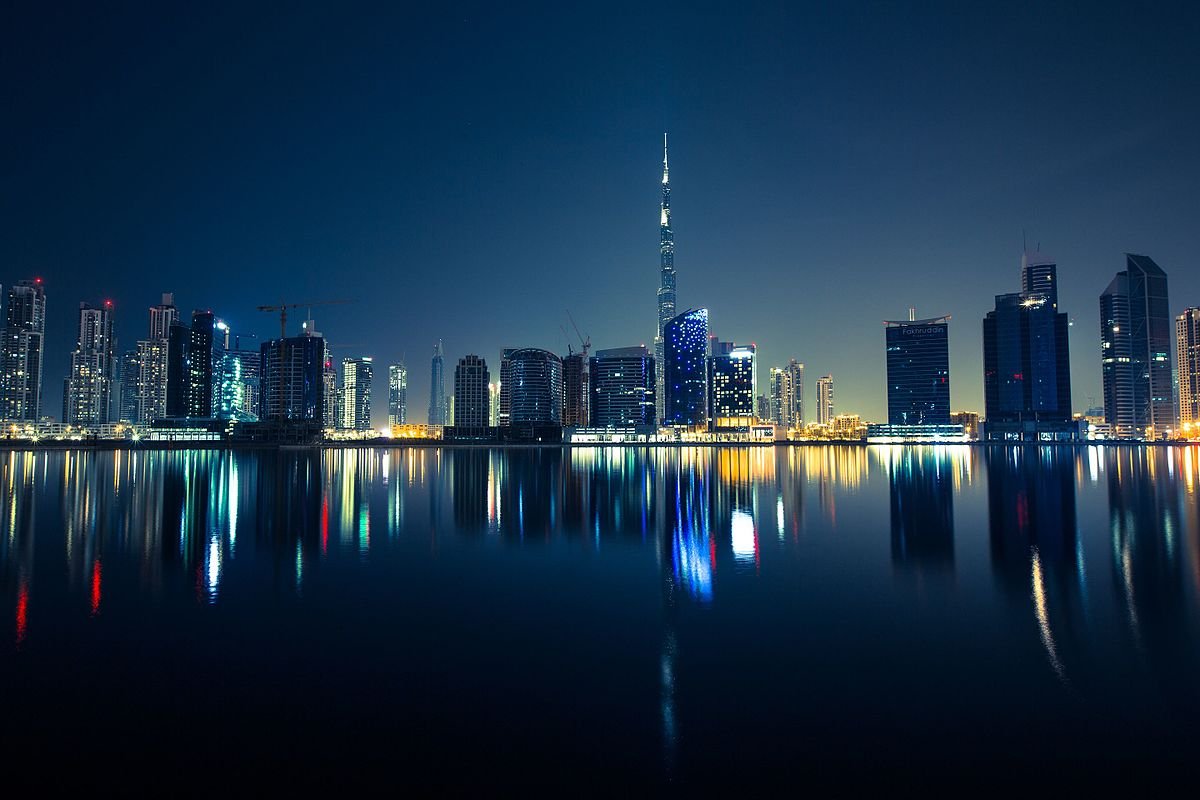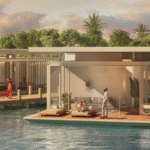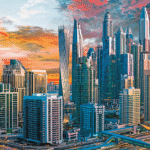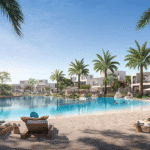Now Reading: Design-Driven Living in Dubai: Collaborations With Famous Architects
-
01
Design-Driven Living in Dubai: Collaborations With Famous Architects
Design-Driven Living in Dubai: Collaborations With Famous Architects
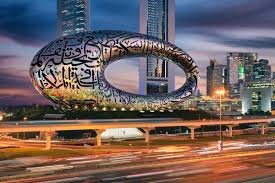
Table of Contents
Design-Driven Living in Dubai is more than a trend—it’s a lifestyle transformation shaped by bold architecture, creative vision, and global influence. In the last decade, Dubai has attracted some of the most respected names in international architecture, giving rise to a skyline that blends luxury with artistic brilliance.
From Zaha Hadid’s futuristic lines to Foster + Partners’ sustainable elegance, these collaborations have redefined what it means to live in style in the UAE. Let’s explore how this design-first approach is shaping new real estate benchmarks—and why global investors and residents are taking notice.
Why Design-Driven Living in Dubai Is the Future
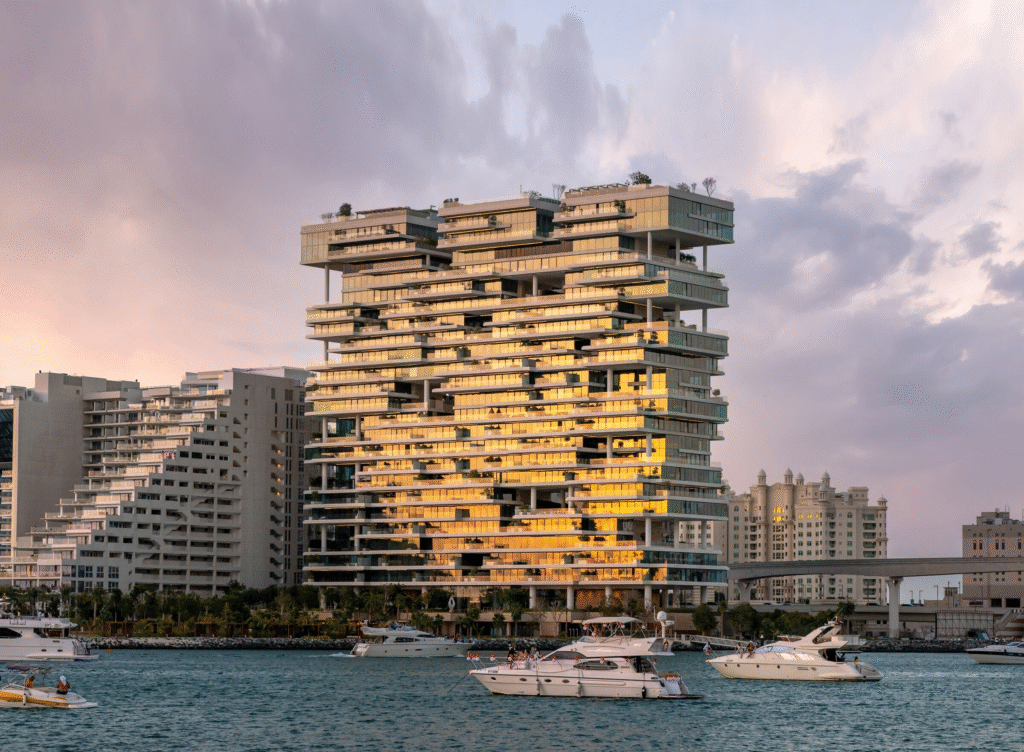
Dubai’s rapid transformation from a desert outpost into a global city is powered by innovation, vision, and ambition. But behind the towers and waterfront homes lies a deeper design philosophy: form must serve function, and aesthetics must create emotion.
This is where Design-Driven Living in Dubai comes in. It focuses not only on physical structure but also on experience, space utility, sustainability, and beauty. Developers now work closely with globally celebrated architects to bring world-class designs into residential and commercial spaces.
7 Iconic Architect Collaborations That Changed Dubai
1. Zaha Hadid Architects – The Opus by Omniyat
Zaha Hadid’s only architectural project in Dubai, The Opus, is a striking glass cube with a fluid void at the center. Blending art and architecture, it houses residences, hotels, and restaurants. It’s one of the most recognizable symbols of Design-Driven Living in Dubai.
2. Foster + Partners – ICD Brookfield Place
Norman Foster’s firm is known for creating sustainable yet iconic urban spaces. ICD Brookfield Place brings together modernism, energy efficiency, and workspace wellness—all in one sleek commercial building in DIFC.
3. BIG (Bjarke Ingels Group) – Marsa Al Arab Villas
BIG introduced Scandinavian minimalism to the Dubai coastline. With Marsa Al Arab’s exclusive waterfront villas, luxury meets eco-awareness. This project is a key example of Design-Driven Living in Dubai that also respects environmental concerns.
4. Santiago Calatrava – Dubai Creek Tower (on hold)
While still on hold, Calatrava’s design for Dubai Creek Tower could redefine the global skyline. Inspired by the lily flower, the structure aims to become a cultural and design icon in the city.
5. Nikken Sekkei – One Za’abeel
The One Za’abeel tower features the world’s longest occupied skybridge, “The Link.” Japanese design precision meets Dubai’s love for record-breaking marvels.
6. Aedas – Address Residences Zabeel
Blending glass, light, and geometry, this high-rise luxury project is designed with space optimization and panoramic views in mind.
7. HOK Architects – Expo City Dubai Projects
HOK’s contributions to Expo City combine futuristic form with sustainability. Smart homes and innovation hubs define Design-Driven Living in Dubai for the next generation.
The Impact on Buyers and Investors
Luxury Value Additions
High-end design leads to high-end value. Homes created by famous architects tend to appreciate faster and offer better resale value. Properties like The Opus command premium prices not just for location, but for their design heritage.
Emotional and Aesthetic Appeal
A home should do more than shelter you—it should inspire you. People drawn to Design-Driven Living in Dubai often cite emotional connection to a property’s aesthetic as a major reason for their purchase.
Functional Innovation
From natural lighting optimization to space-maximizing layouts and smart integration, homes in this category are often more liveable and functional. For example, Bjarke Ingels’ homes focus on environmental flow and user comfort.
Sustainability and Eco-Conscious Living
Design is no longer just about looks. Many of these homes include green building elements, energy-saving technologies, and smart systems. Dubai’s design-forward communities are increasingly aligned with net-zero goals.
How Dubai Developers Choose Their Architects
In most high-end projects, the collaboration starts early in the design concept phase. Developers don’t just hire architects to draw buildings—they bring them in to shape the brand, lifestyle, and future experience of the place.
Several top developers in Dubai—like Omniyat, Emaar, and Meraas—have long-standing partnerships with global architecture firms. These collaborations are about vision, trust, and shared ambition to elevate Dubai’s global position in luxury real estate.
Design-Driven Living in Dubai: More Than Real Estate
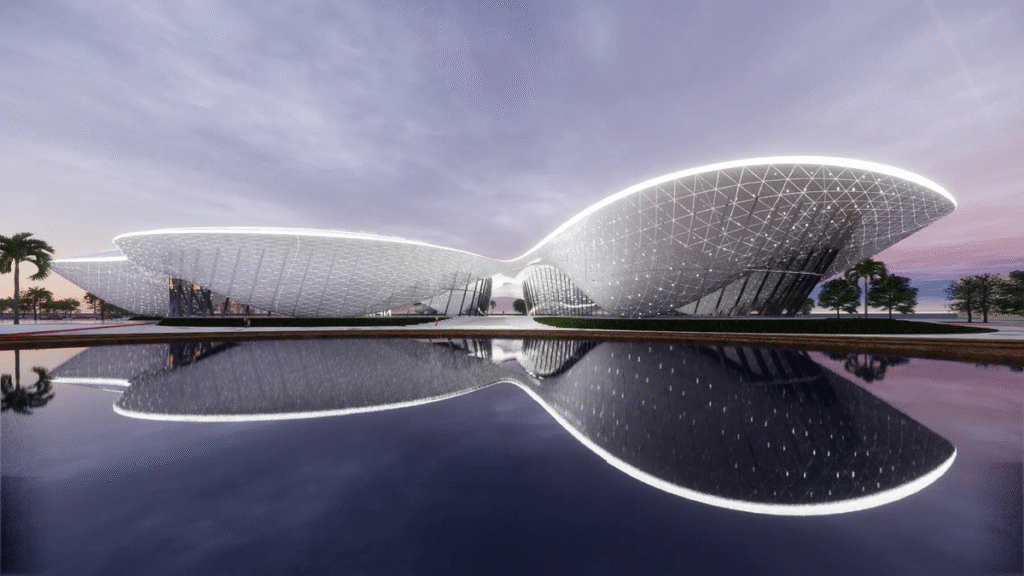
It’s also a cultural shift. These spaces are created for people who want to live differently—those who value design as a part of life.
From business professionals to artists, from tech founders to young families, more residents are choosing homes based on design impact rather than just square footage. This is shaping new communities around values of elegance, functionality, and sustainability.
5 Powerful Perks of Choosing Design-Driven Living in Dubai
- High Resale and Rental Demand: Unique properties designed by world-class architects attract premium buyers and renters.
- Better Living Quality: Smart design makes spaces more livable, with light, air, and functionality thoughtfully built in.
- Prestige and Identity: Living in a Zaha Hadid or Foster-designed home creates personal and social status.
- Low Environmental Impact: Most projects focus on energy efficiency and eco-materials.
- Future-Ready Design: Homes are designed with evolving tech and lifestyles in mind.
Conclusion: A Bold New Future of Lifestyle
Dubai is not just building homes—it’s building legacies. With every glass facade, spiral column, and artistic arc, Design-Driven Living in Dubai pushes the city closer to its ambition of being the design capital of the world.
For investors, developers, and future residents, this is more than a trend—it’s the future of urban life. A future where living beautifully isn’t an option. It’s the standard.
Also Read – Private Elevator Homes: The Quiet Luxury Dubai Buyers Love



